AllHumanities & Social SciencesLiterature & the ArtsSciencesCWP
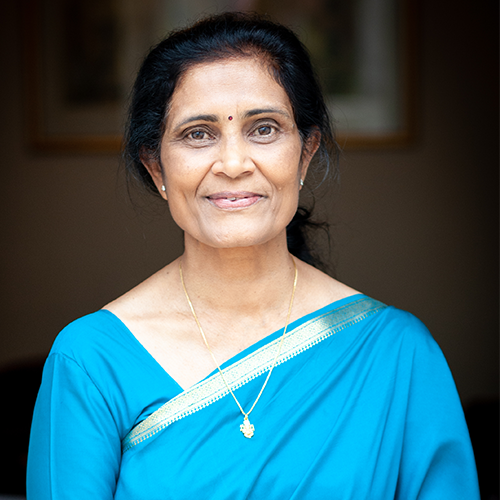
Professor Nirmala Rao
Professor of Politics
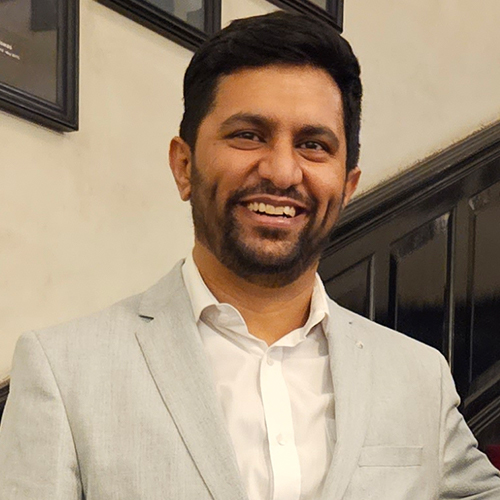
Dr Aashique Ahmed Iqbal
Assistant Professor of History
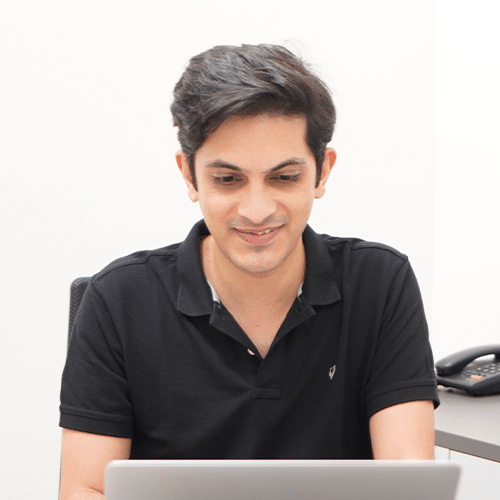
Dr Abhishek Shukla
Assistant Professor of Literature
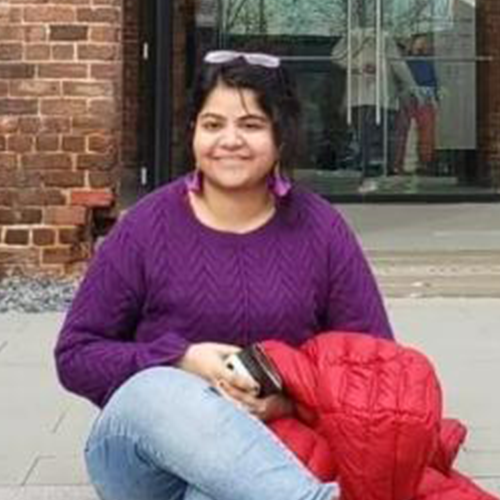
Dr Akanksha Adya
Assistant Professor of Psychology
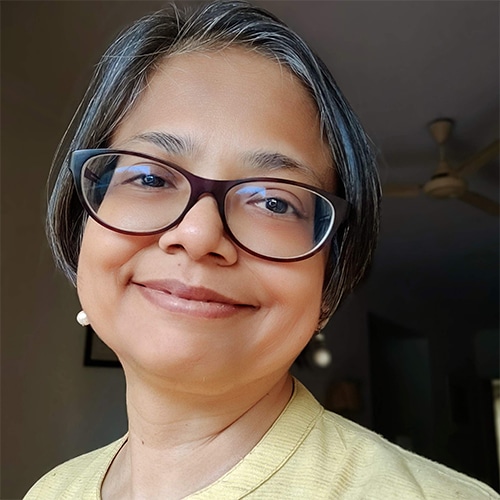
Dr Anannya Dasgupta
Associate Professor of Literature
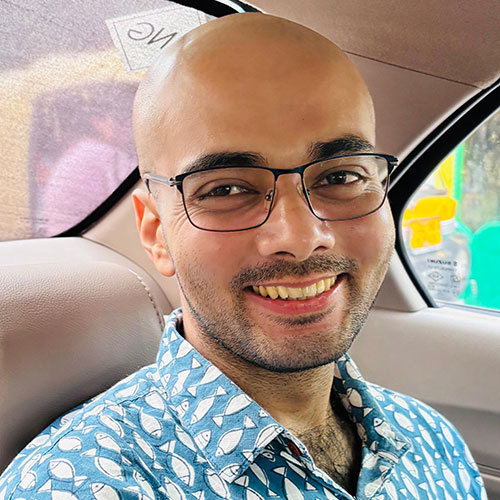
Anibal Goth
Faculty Teaching Associate, CWP
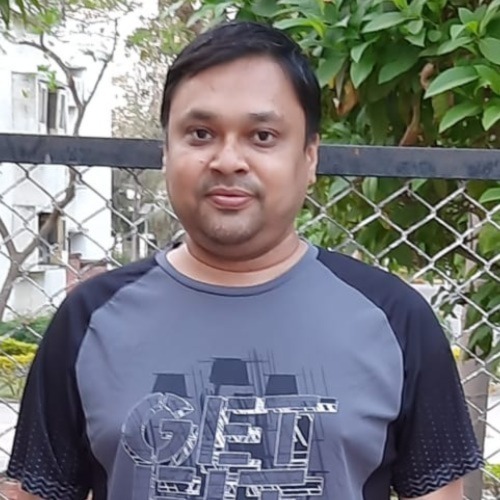
Dr C P Anil Kumar
Assistant Professor of Mathematics
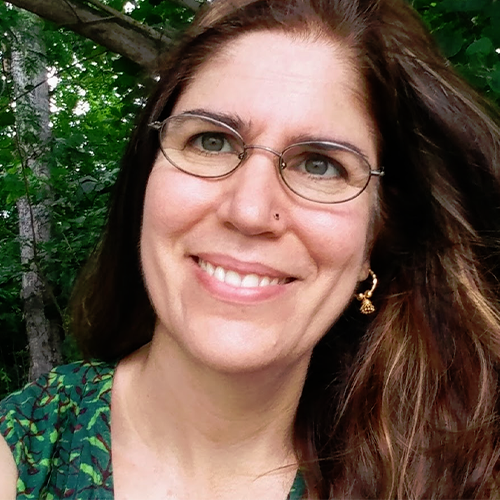
Dr Annu Jalaias
Associate Professor of Anthropology
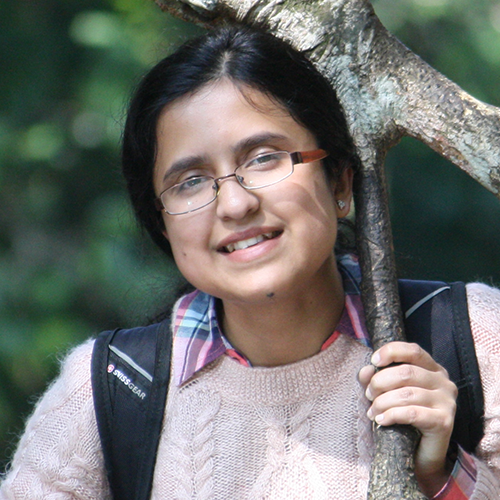
Dr Anwesha Chakrabarti
Assistant Professor of Economics
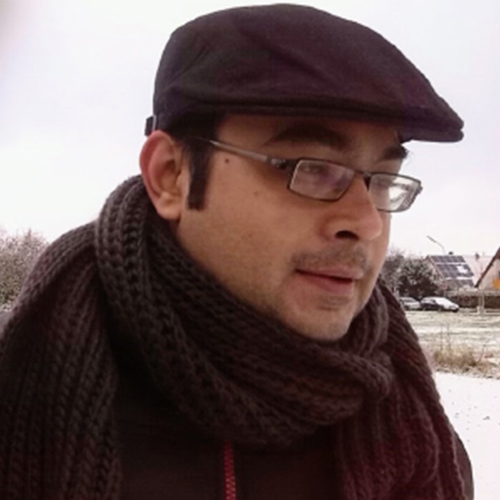
Dr Arani Basu
Assistant Professor of Sociology
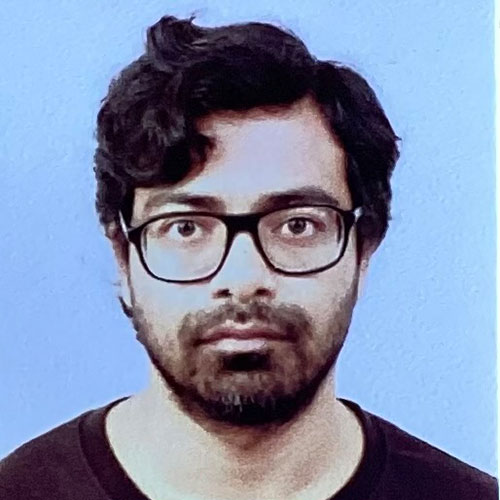
Dr Arghya Mondal
Assistant Professor of Mathematics
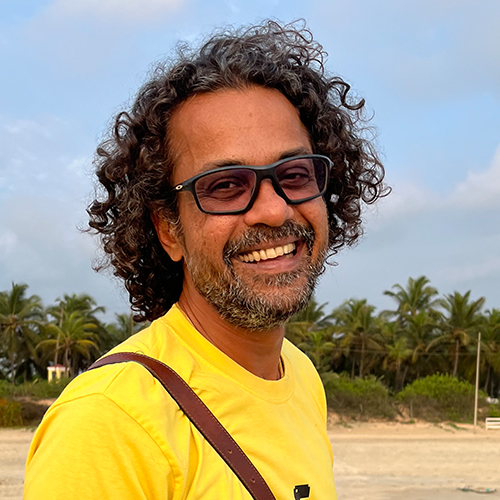
Dr Bharath Sundaram
Associate Professor of Environmental Studies
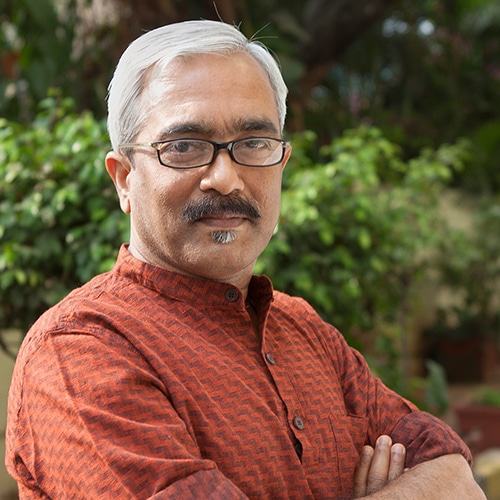
Professor Bishnu Mohapatra
Professor of Politics
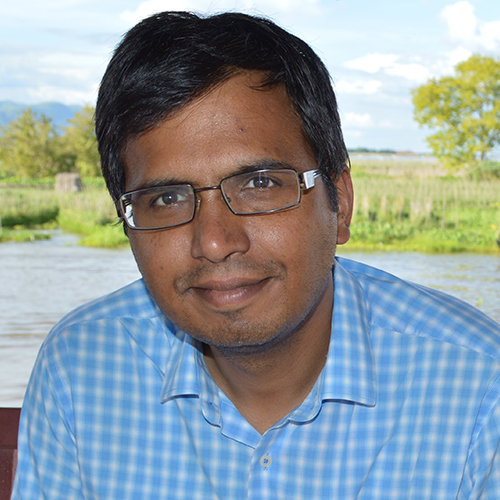
Dr Brijesh Kumar Mishra
Associate Professor of Chemistry
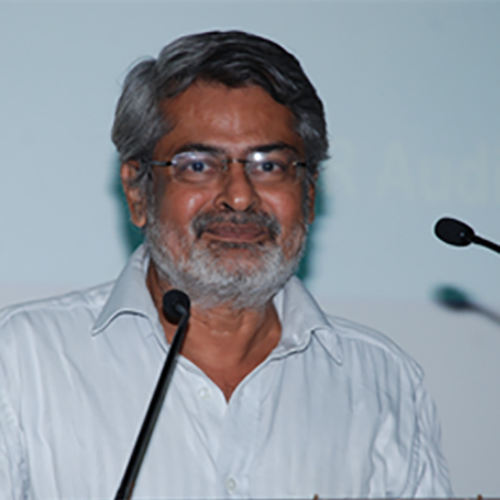
Professor Chandrakumar N
Distinguished Research Professor
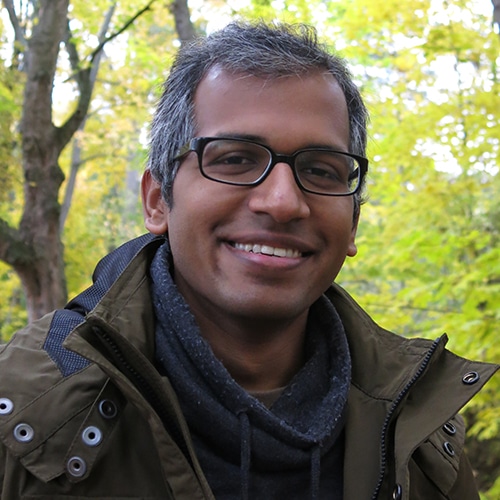
Dr Chirag Dhara
Assistant Professor of Environmental Studies
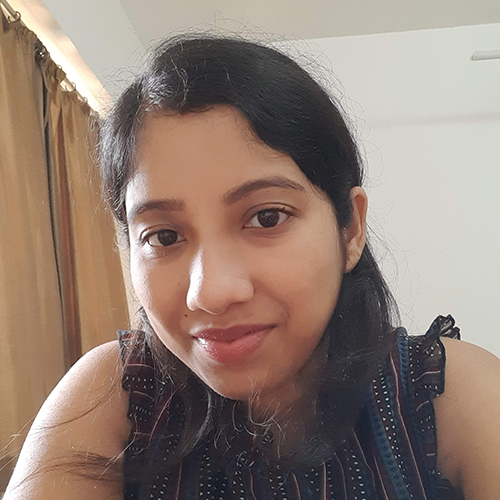
Dr Debangana Mukherjee
Assistant Professor of Mathematics
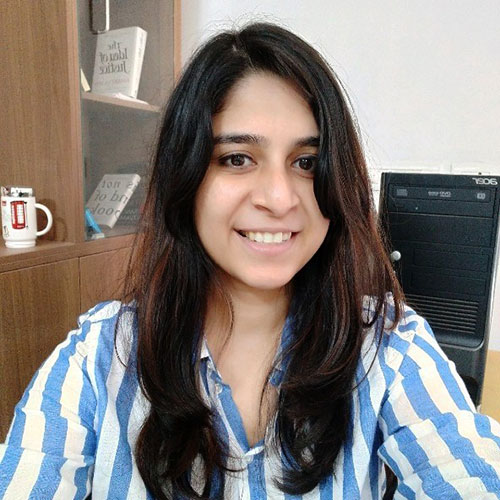
Dr Dyotana Banerjee
Assistant Professor of Politics
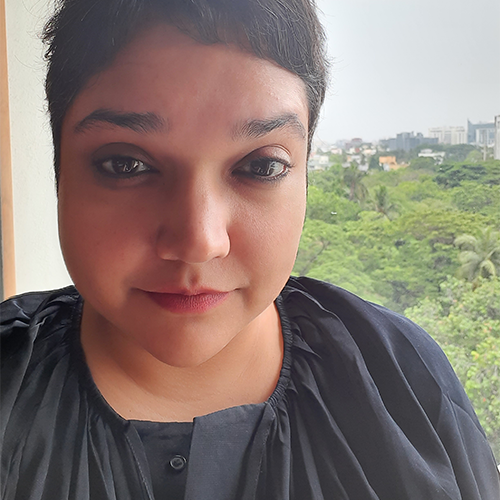
Dr Geeti Das
Assistant Professor of Politics
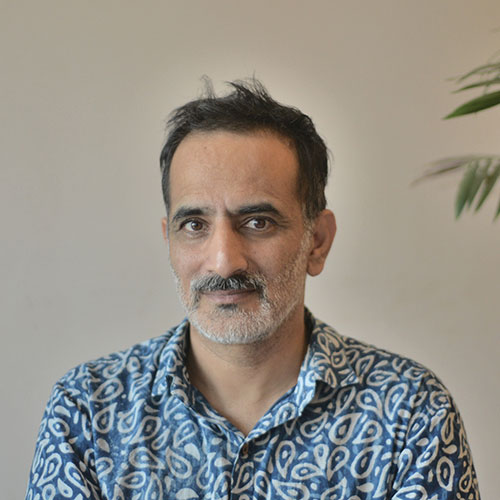
Dr Gowhar Fazili
Assistant Professor of Social Studies

Professor Guha Dharmarajan
Professor of Biology
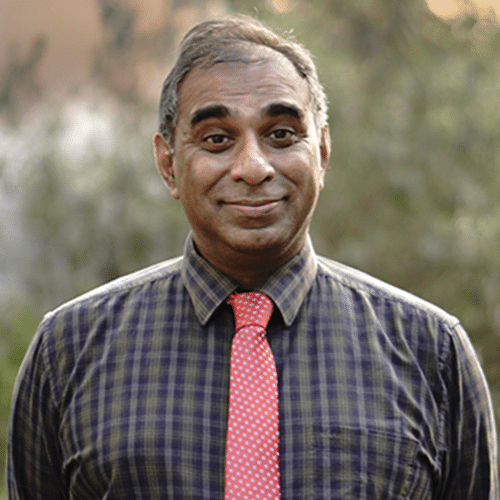
Dr John Mathew
Associate Professor of History of Science
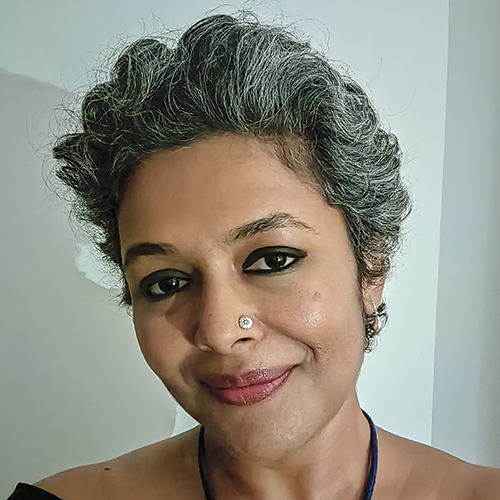
Dr Joya John
Assistant Professor of Literature

Dr Kalyan Chakrabarti
Associate Professor of Biological Sciences & Chemistry
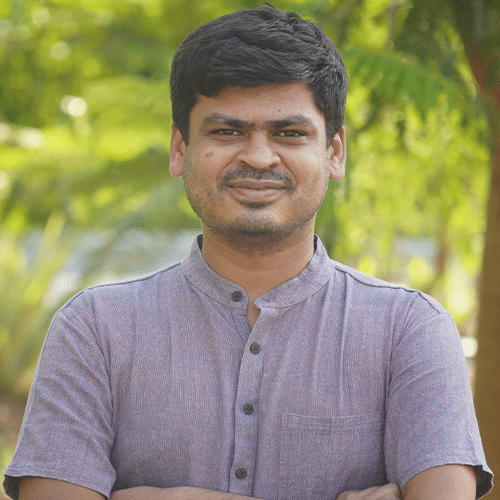
Dr Karthik Rao Cavale
Assistant Professor of Political Economy
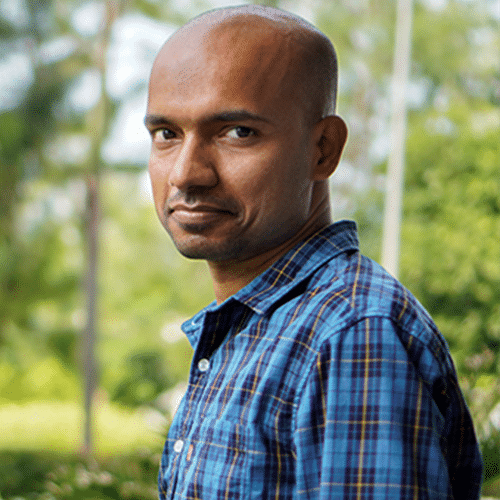
Dr Lakshman Varanasi
Assistant Professor of Biological Sciences
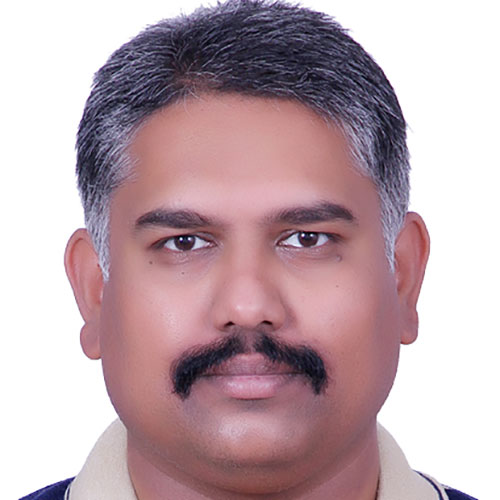
Dr Lakshmi Narayanan
Assistant Professor of Environmental Studies
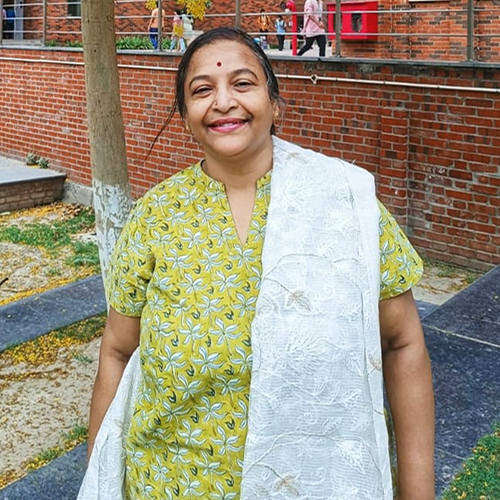
Dr Madhavilatha Maganti
Associate Professor of Psychology
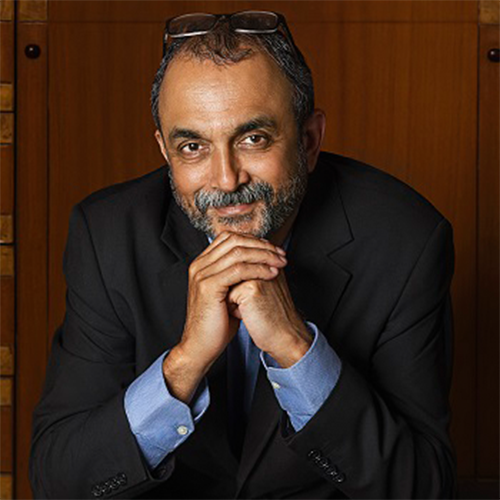
Professor Mukund Padmanabhan
Distinguished Professor of Philosophy
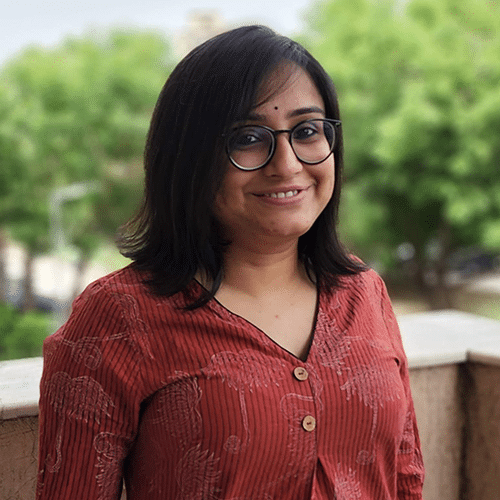
Neha Mishra
Assistant Professor of Practice, CWP
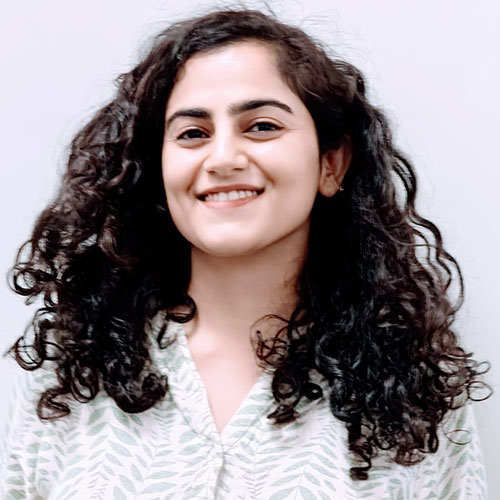
Nupur Asher
Faculty Teaching Associate, CWP
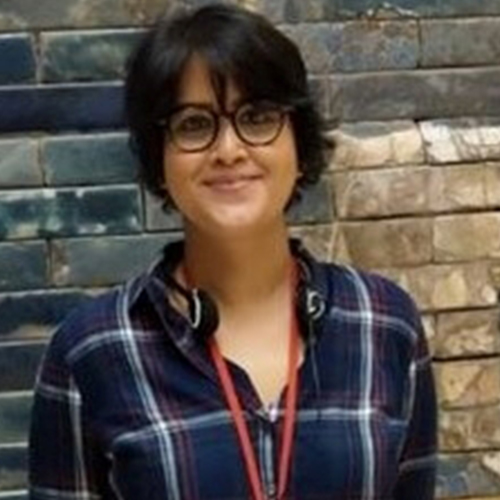
Dr Panchali Ray
Associate Professor of Anthropology & Gender Studies
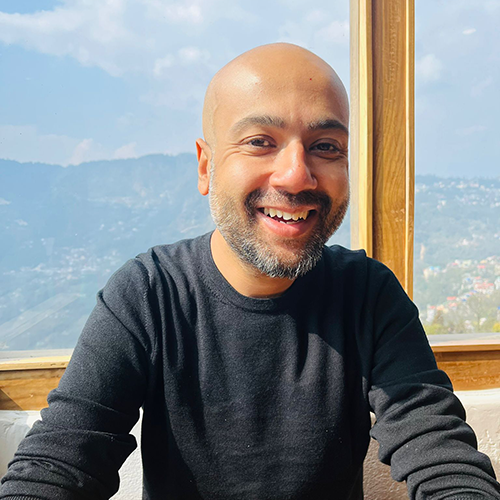
Prajwal Parajuly
Assistant Professor of Practice in Creative Writing
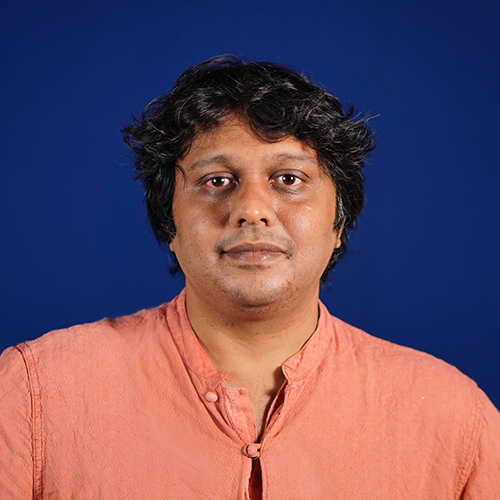
Dr T V H Prathamesh
Assistant Professor of Computer Science
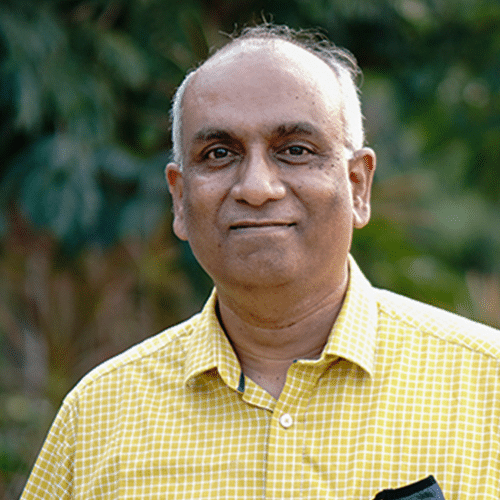
Dr Prithvi Datta Chandra Shobhi
Associate Professor of History
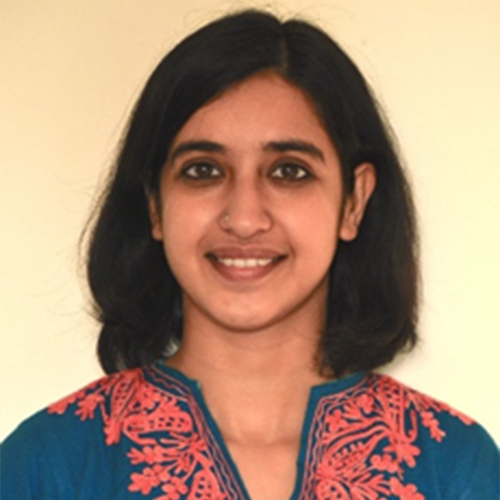
Dr Preeti Gulati
Assistant Professor of History
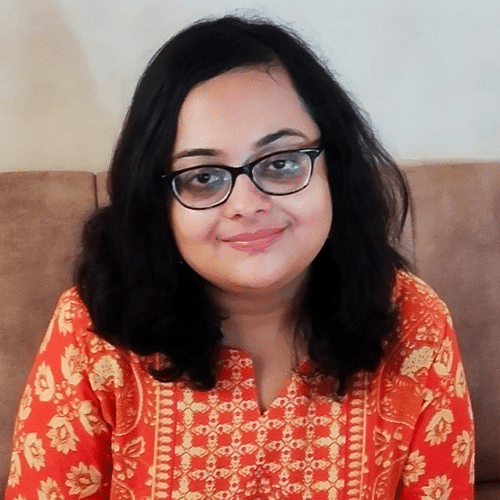
Dr Proma Raychaudhury
Assistant Professor of politics
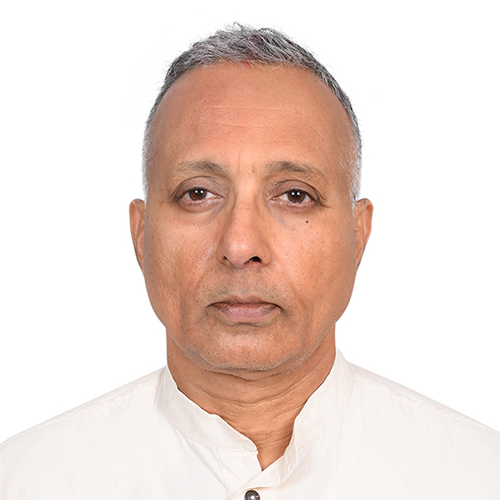
Professor K N Raghavan
Professor of Mathematics

Dr Raghu V M Ganesh
Assistant Professor, Chemistry
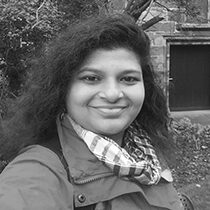
Dr Rakshi Rath
Assistant Professor of Psychology
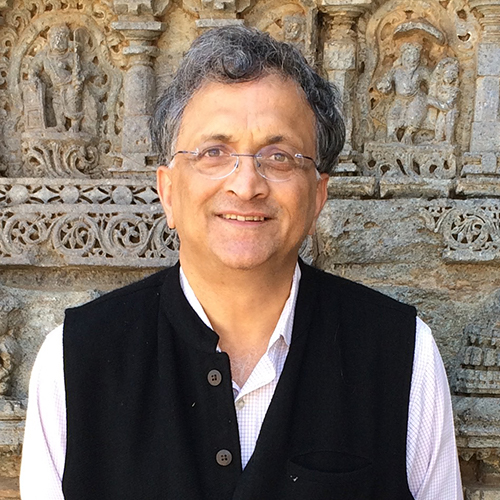
Professor Ramachandra Guha
Distinguished University Professor
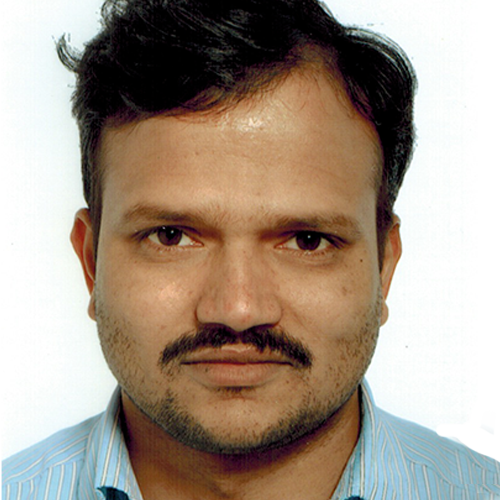
Dr Rama Koteswara Rao Kamineni
Associate Professor of Physics
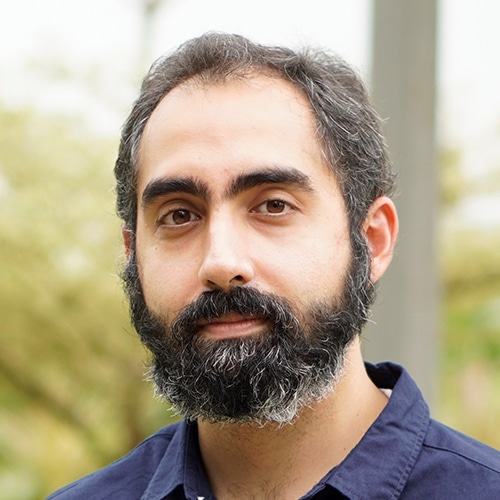
Dr Rishi Vyas
Assistant Professor of Mathematics
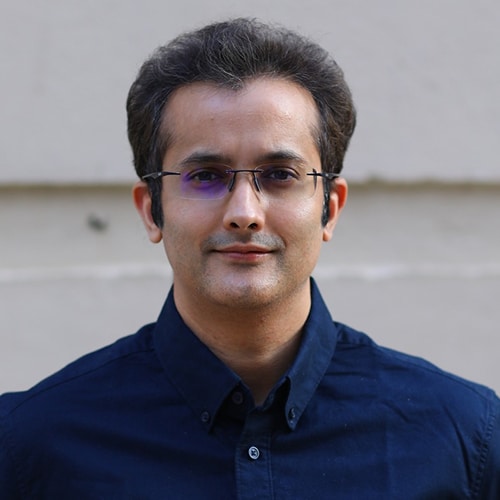
Dr Rohan Ravindra Gudibande
Assistant Professor of Economics
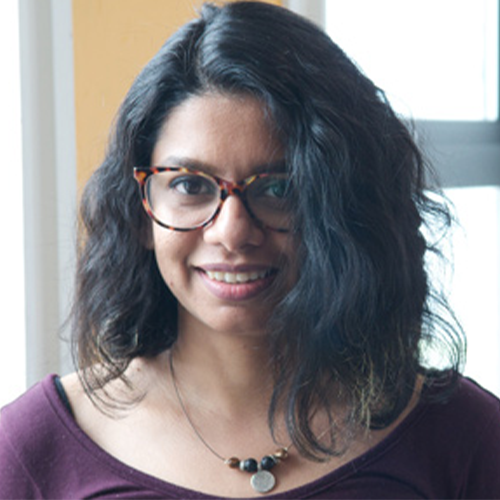
Dr Sabah Siddiqui
Assistant Professor of Psychology
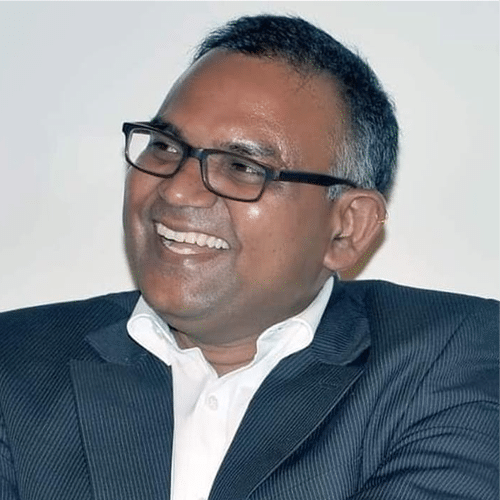
Dr Sambaiah Gundimeda
Associate Professor of Politics
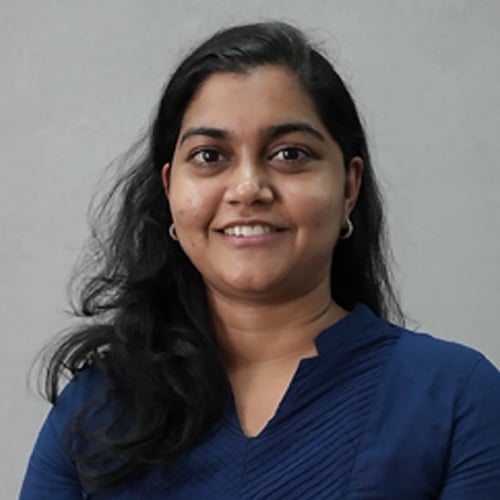
Dr Samyukta Bhupatiraju
Assistant Professor of Economics
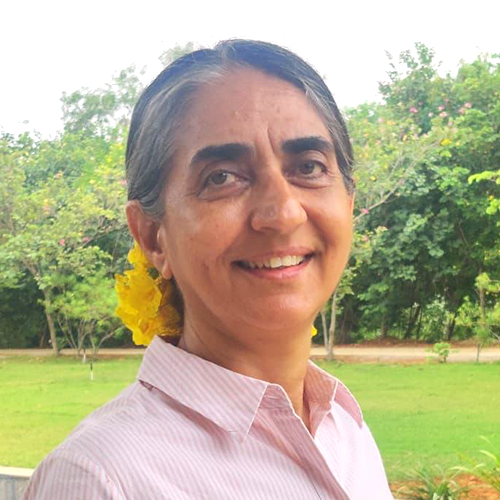
Dr Sarabjeet Natesan
Associate Professor of Economics
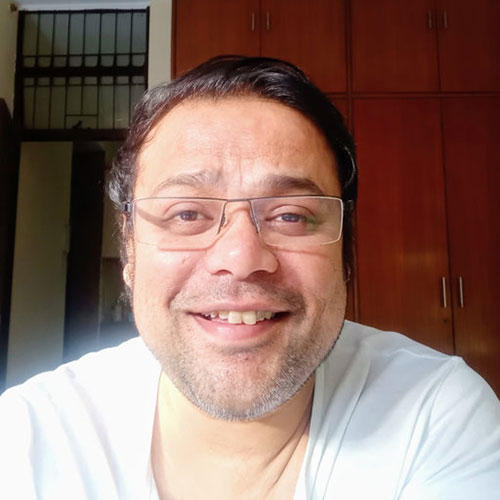
Dr Sayandeb Chowdhury
Senior Assistant Professor of Literature
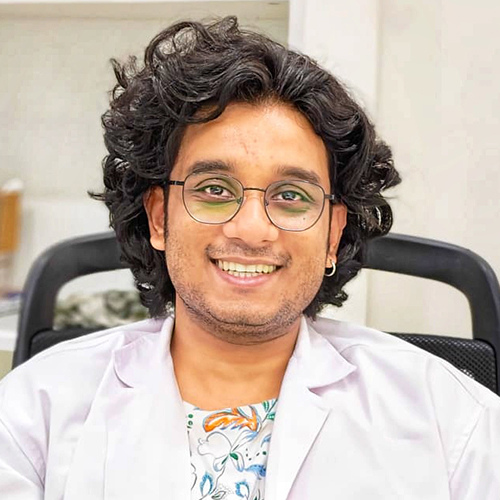
Sayantan Datta
Assistant Professor of Practice, CWP
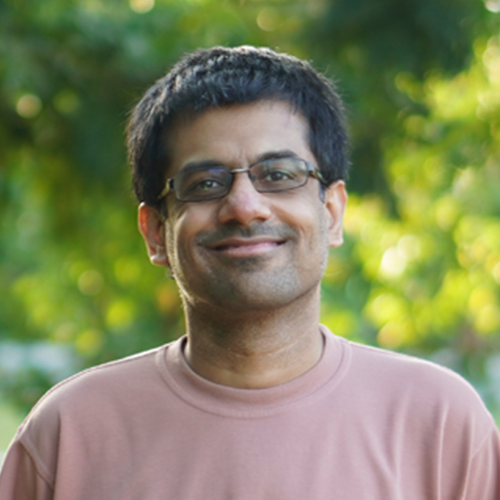
Dr Shibi Vasudevan
Assistant Professor of Mathematics
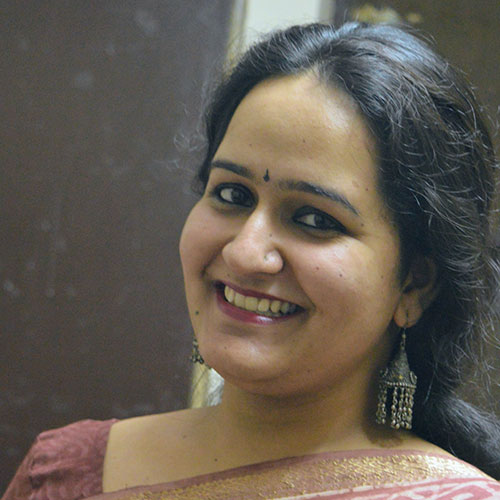
Dr Shikha Rajpurohit
Assistant Professor of Philosophy
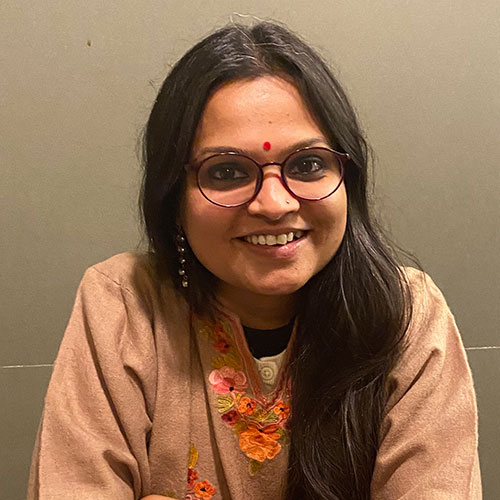
Dr Shilpi Singh
Assistant Professor of Politics
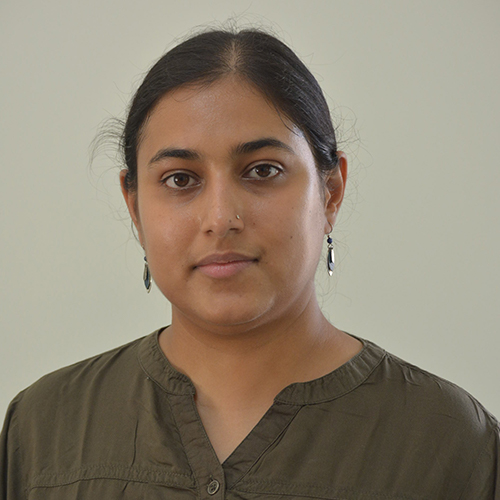
Dr Shivani Jadeja
Assistant Professor of Biological Sciences
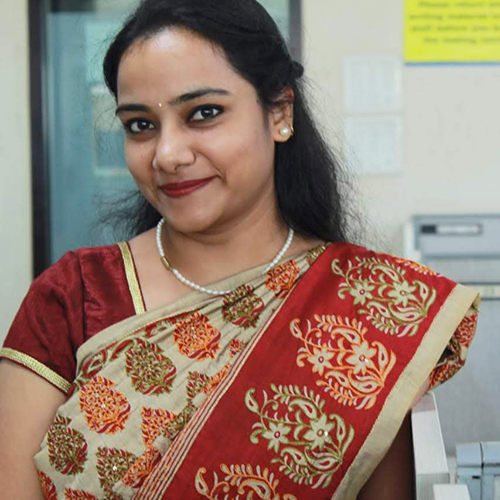
Dr Shuchita Goyal
Assistant Professor of Mathematics
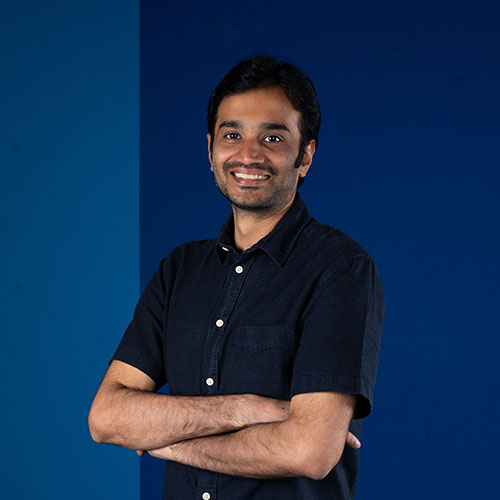
Dr Shyam Kumar Sudhakar
Assistant Professor of Biological Sciences
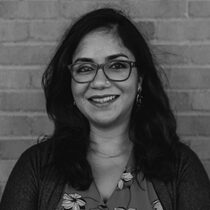
Dr Shyama Rajendran
Assistant Professor of Literature
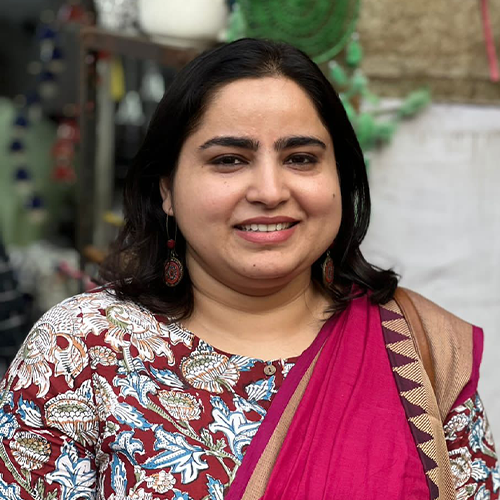
Shweta Rani
Faculty Teaching Associate, CWP
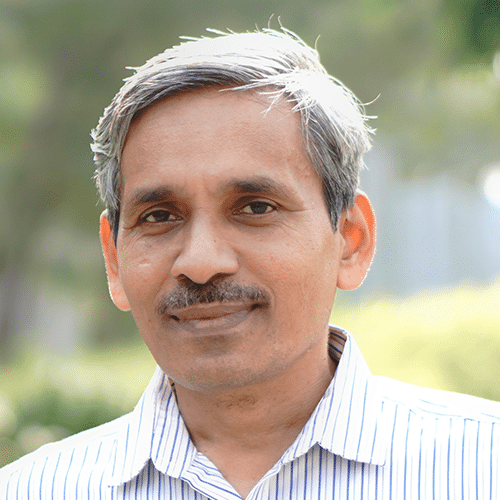
Professor S Sivakumar
Professor of Physics

Dr Srajana Kaikini
Assistant Professor of Philosophy
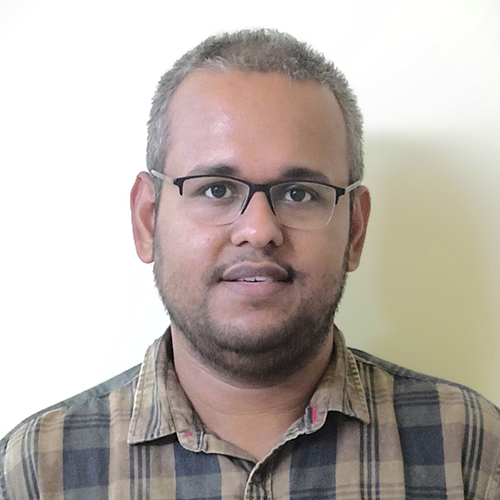
Dr Soumya Dey
Assistant Professor of Mathematics
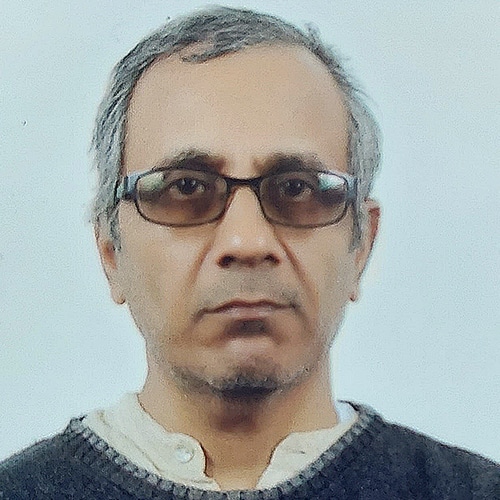
Dr Srikrishnan Divakaran
Associate Professor of Computer Science
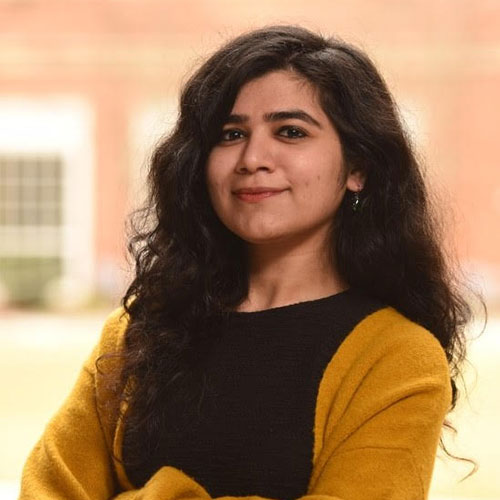
Dr Suchika Chopra
Assistant Professor of Economics
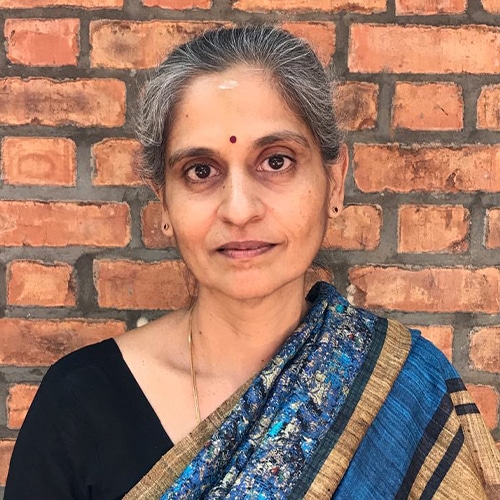
Dr Sumitra Ranganathan
Associate Professor of Music
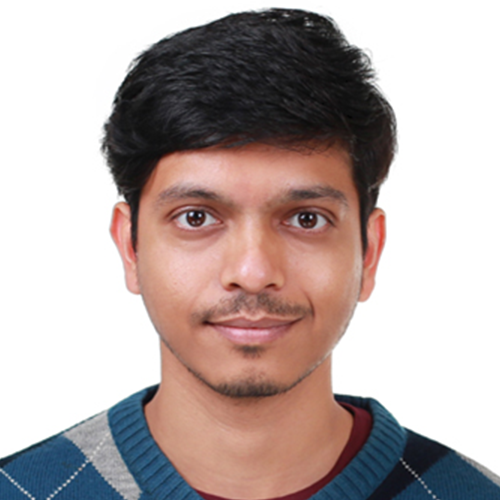
Dr Sushant Kumar Raut
Assistant Professor of Physics
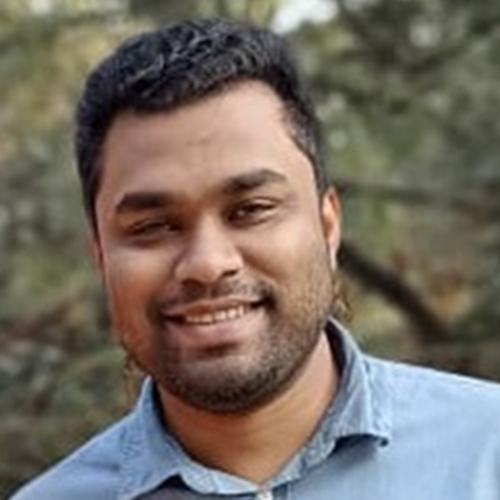
Dr Surajit Kayal
Assistant Professor of Chemistry
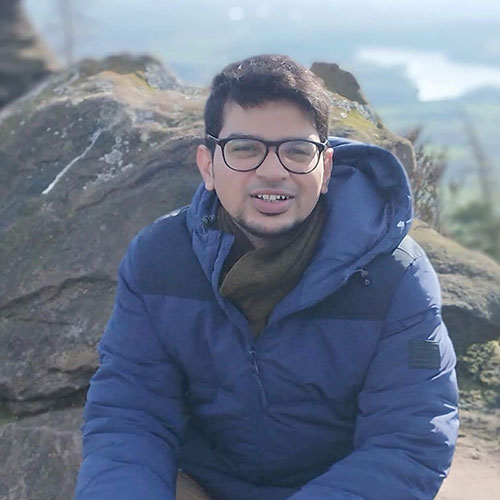
Dr Suryodaya Sharma
Assistant Professor of Psychology
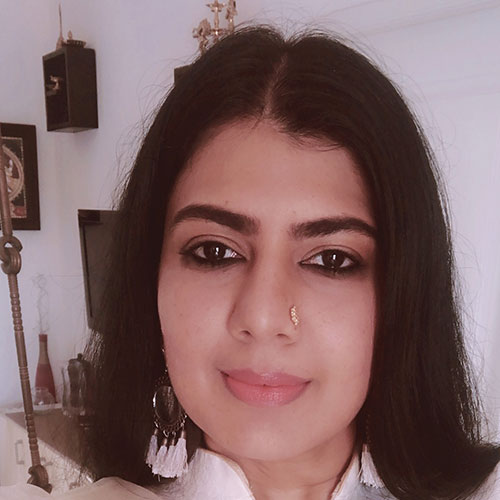
Dr Swarnamalya Ganesh
Assistant Professor of Practice
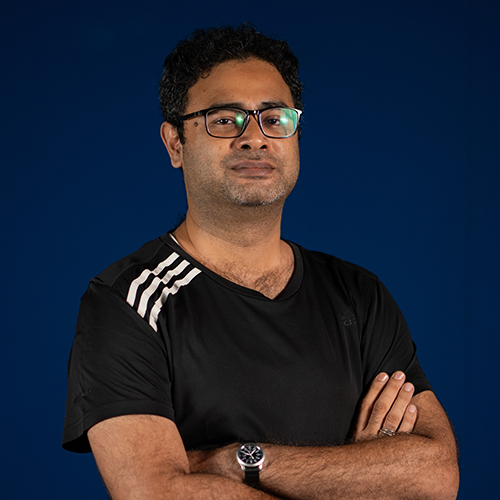
Dr Syed Mohammad Meesum
Assistant Professor of Computer Science
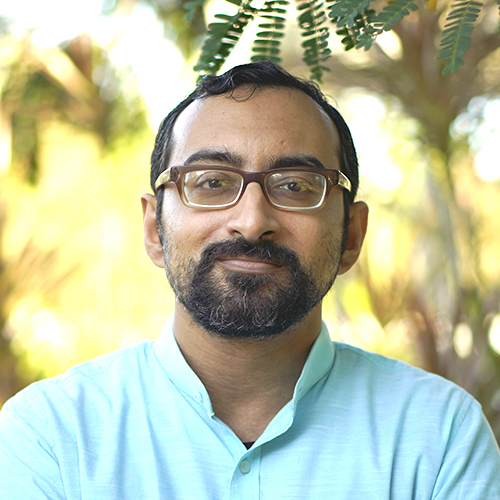
Dr Tanmoy Chakrabarty
ASSISTANT PROFESSOR OF PHYSICS
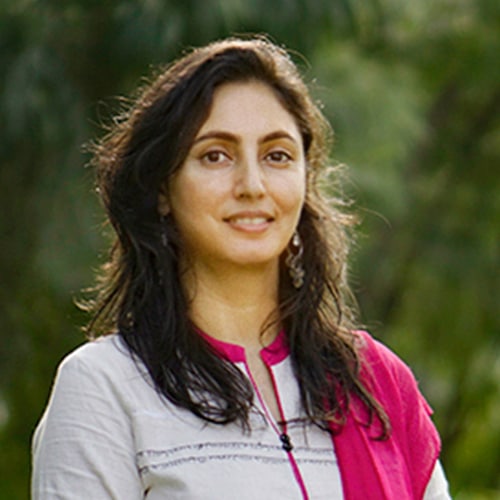
Dr Vaishali Sharma
Scientific Officer (Biosciences)
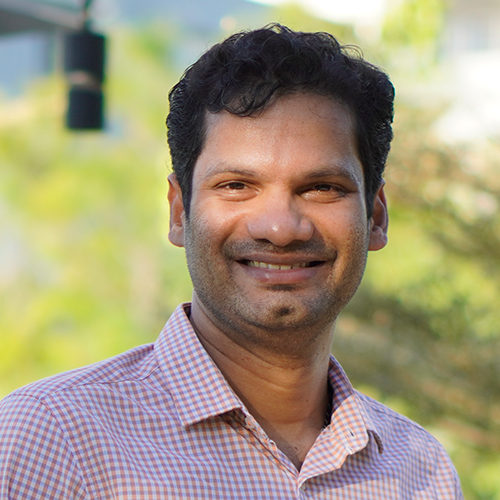
Dr Venkata Srinu Bhadram
Assistant Professor of Physics
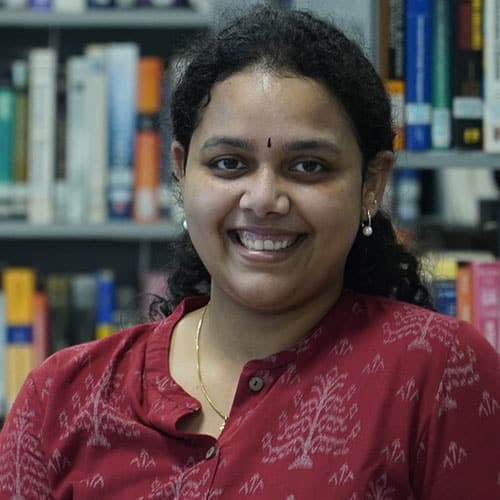
Dr Vidya Bharathi Rajkumar
Assistant Professor of Economics
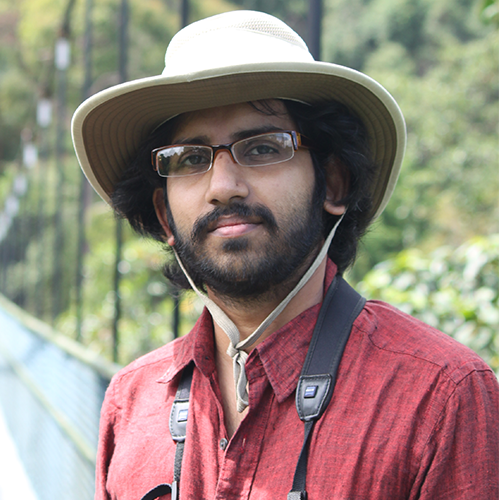
Dr Vinod Kumar Saranathan
Associate Professor of Biological Sciences
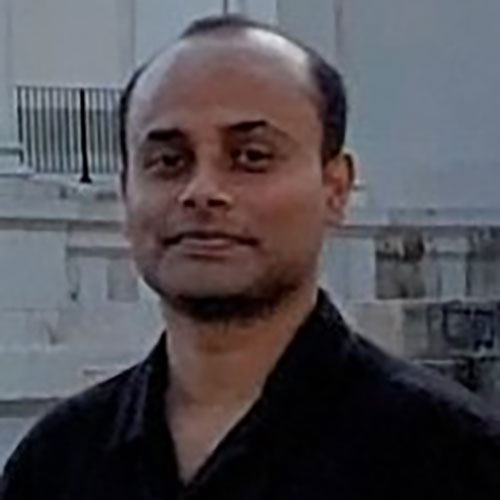
Vikas Kumar Choudhary
Faculty Teaching Associate, CWP
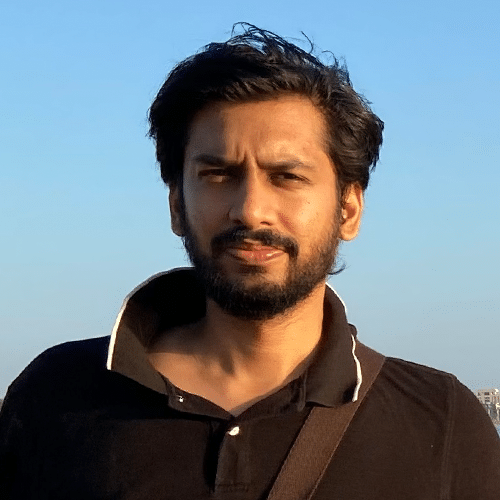
Dr Vivek Radhakrishnan
Assistant Professor of Philosophy
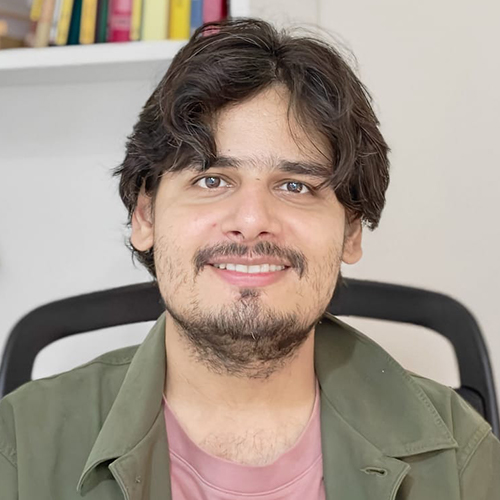
Dr Vivek Tewary
Assistant Professor of Mathematics
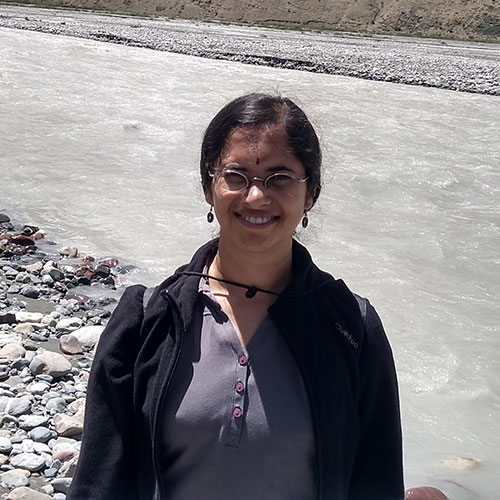
Dr Yadugiri Tiruvaimozhi
Assistant Professor of Biology